Marking World Malaria Day 2024: Advancing the Battle Against Malaria for Global Equity
By:- Team VOH
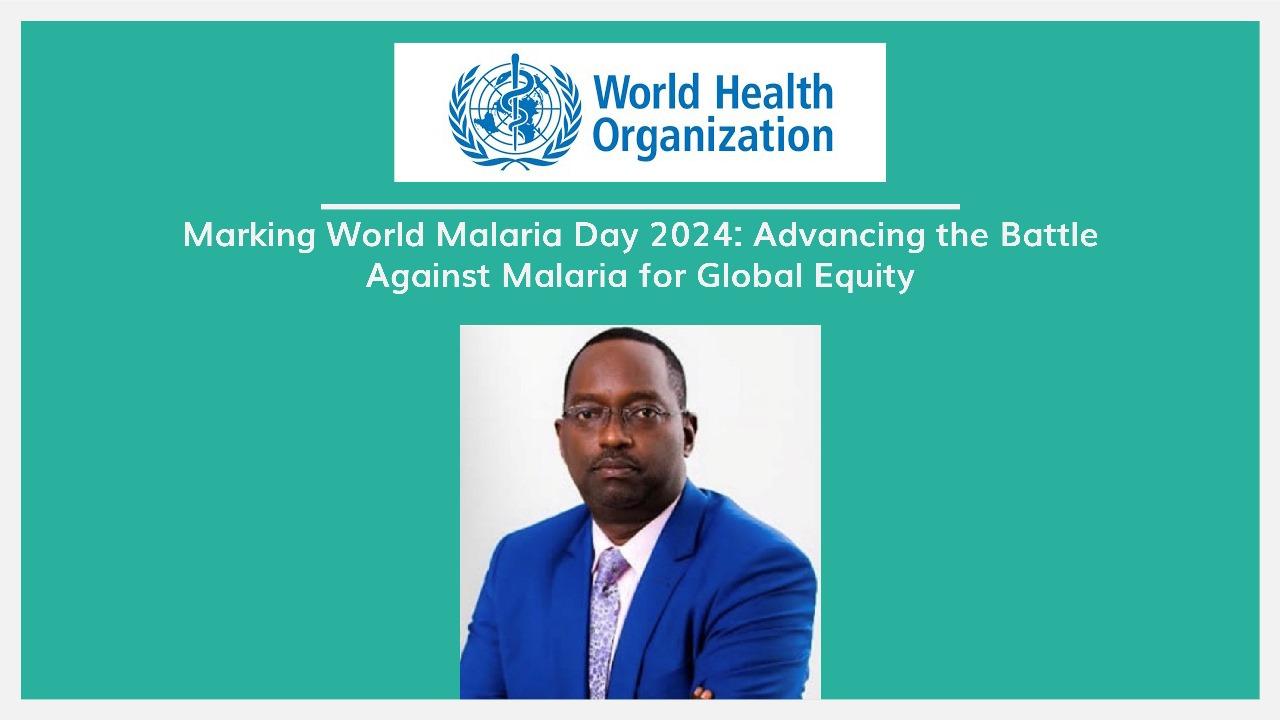
25 Apr 2024
A Statement by Dr. Daniel Ngamije, Director of the WHO Global Malaria Programme
Dear Malaria Partners and Friends,
This World Malaria Day, WHO collaborates with the RBM Partnership and other allies to underscore the vital role of health equity, gender equality, and human rights in our global malaria efforts.
I'd like to recognize the invaluable contributions of national malaria programs and partners who champion malaria prevention and control, especially for marginalized and hard-to-reach communities. Together, we aim to shape a more equitable future.
Yet, malaria persists as a significant global health threat, impacting the most vulnerable disproportionately. In sub-Saharan Africa, children from impoverished households are particularly at risk. Additionally, pregnant women, refugees, migrants, and Indigenous Peoples face higher malaria susceptibility.
Despite these challenges, many still lack essential services and information to combat malaria, especially those facing discrimination and exclusion. Strengthening our support for these groups is not just a moral imperative but also essential to meeting our global malaria goals.
Since 2017, WHO has observed a stagnation in global malaria progress, with 608,000 deaths and 249 million new cases reported in 2022 alone.
Addressing Malaria in High-Burden Countries
Health disparities hinder malaria reduction in heavily affected countries. The "High Burden to High Impact" (HBHI) approach, launched in 2018 by WHO and the RBM Partnership, targets malaria by prioritizing the most affected populations with tailored interventions.
Last month, Health Ministers from HBHI countries strengthened this commitment by signing the Yaoundé Declaration. They pledged to intensify efforts to reduce malaria deaths and address barriers like inadequate health services, gender-related issues, and financial constraints.
Responding to Malaria in Low-Burden Settings
In countries with lower malaria burdens, cases often concentrate among vulnerable groups such as mobile workers, refugees, and indigenous communities. Targeted interventions are vital to our goal of a malaria-free world.
Response from WHO and Partners
Increased investment in research and development of new tools is crucial for bolstering malaria responses, especially for marginalized populations. Scaling up WHO-recommended tools like dual active ingredient nets and malaria vaccines can significantly enhance health equity.
From 2018 to 2023, WHO supported over 30 countries in using data for informed decision-making and tailored interventions. To address financial constraints, WHO has developed guiding principles for prioritizing interventions in resource-limited settings, to be published soon.
Promoting Universal Health Coverage (UHC)
Improving access to quality health services, particularly through gender-responsive programs, is essential. WHO advocates for a shift towards primary health care as the most inclusive and cost-effective way to achieve UHC.
New Operational Strategy
The Global Malaria Programme has launched a new operational strategy, emphasizing the importance of health equity, gender equality, and human rights. This strategy aims to protect vulnerable populations and ensure equitable access to quality health services.
Trending Now
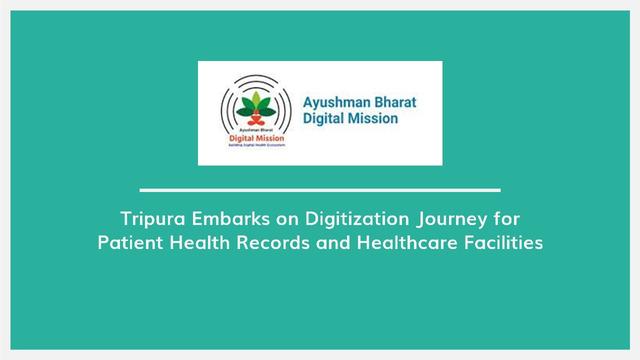
Tripura Embarks on Digitization Journey for Patient Health Records and Healthcare Facilities
29 Apr 2024
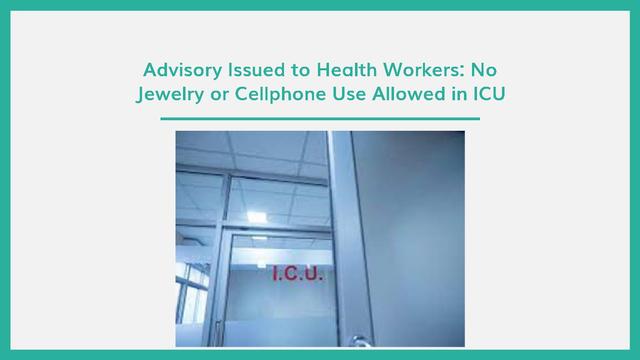
Advisory Issued to Health Workers: No Jewelry or Cellphone Use Allowed in ICU
29 Apr 2024
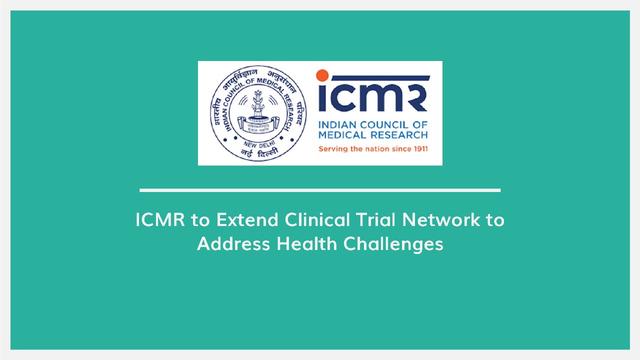
ICMR to Extend Clinical Trial Network to Address Health Challenges
29 Apr 2024
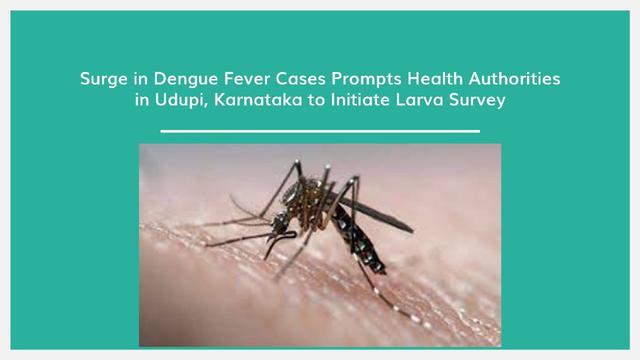
Surge in Dengue Fever Cases Prompts Health Authorities in Udupi, Karnataka to Initiate Larva Survey
29 Apr 2024

Bharat Biotech Co-founder Highlights India's Advancement" in Response to VP Dhankhar's Visit to Pharma Major
29 Apr 2024




